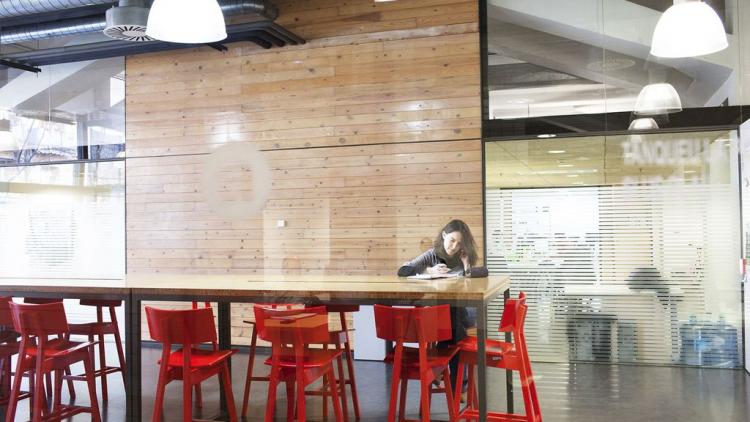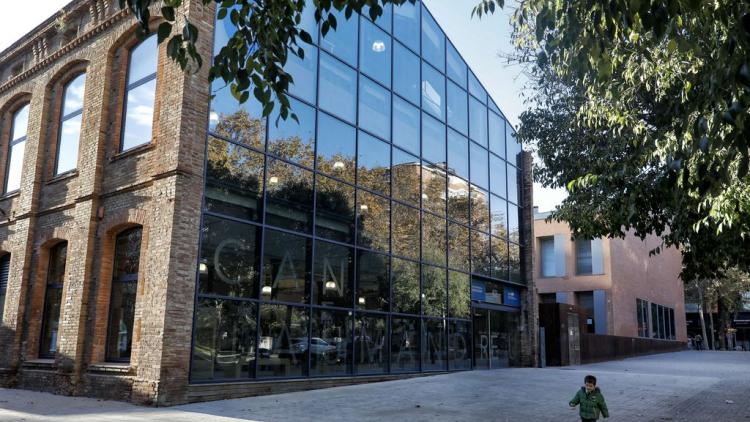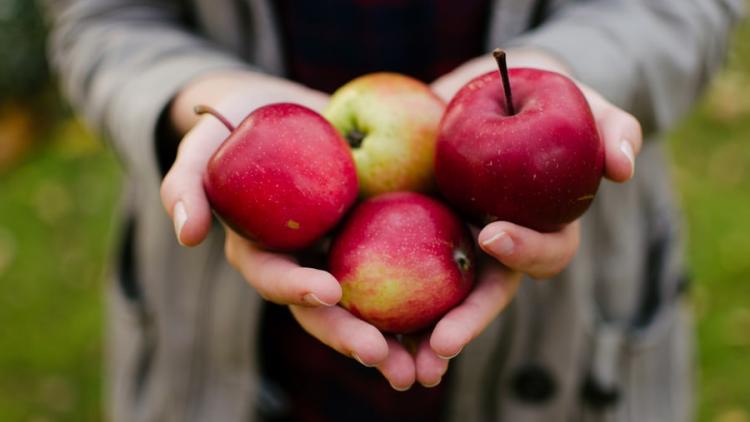Tips for organisations
The private sector, especially small and medium-sized businesses, are key to ensuring we progress towards healthy, sustainable eating, as they account for 70% of jobs in the Spanish State. Good practice in companies and other organisations can act as an example and as inspiration for a society that is increasingly aware and committed to structural change in food culture and local, organic production.
What can these organisations do to incorporate sustainable food into their everyday operations?
Train and inform
-
Offer training on healthy eating habits in addition to training on health and safety at work.
-
Identify the restaurants that offer healthy meals made from local products near the workplace, make a map of them and share it.
Adopt sustainable habits
-
Encourage collective eating based on sustainable food to ensure the right to sustainable, seasonal, local, organic food from sustainable agriculture, livestock farming and fishing in all meals offered in the work environment.
Promote a healthy diet free of ultra-processed products.
-
Promote food diversity in the canteen and through all the food offered in the workplace.
Encourage employees to buy baskets of local, organic products collectively.
-
Organise team-building activities revolving around food, such as looking after a community garden or preparing meals together in the office.
Set up a community garden in the work space (in the garden or on the roof terrace) or sponsor a small agricultural space.
-
Make one day of the week ‘vegan day’ or ‘meat-free day’ and offer recipes that contain plant protein.
Organisations as leaders in sustainable food
-
Replace vending machines with water fountains that are easily accessible and well distributed, and offer local, organic, fresh fruit and other healthy food. Avoid alcohol and sugary drinks.
-
-
Buy directly from local producers and through short circuits to help reconnect consumers with the origins of their food, reducing food miles and, therefore, reducing your carbon footprint.
-
To promote a commercial system based on dialogue, transparency and respect that seeks greater equality in international trade, with a particular focus on social and environmental criteria.
-
Work with catering and vending machine companies with social and environmental values that care about their products, making sure they serve healthy and, if possible, local, seasonal, organic food.
-
Promote fairer labour relations, by supporting campaigns that fight for decent wages, for example.
Support social and solidarity economy initiatives, based on the creation of an economic system that looks after people, the environment and regions and operates under democratic, horizontal criteria of transparency, fairness and participation.
Reduce waste
-
Hand out zero-waste kits to your employees: metal water bottles, glass containers, reusable wrappers (sandwich bags), bags for snacks...
-
In work canteens, dining rooms and cafeterias, reduce the use of non-recyclable packaging as much as possible, by encouraging the use of washable dishes, reusable bottles and recyclable takeaway cups.
If this packaging cannot be reduced to zero, packaging with a bigger environmental impact must be replaced with less harmful versions: plastic trays can be replaced by recycled cardboard ones, for example.
-
Coordinate with other organisations and restaurants around the workplace to create a lunch box system for taking away food or taking home leftovers.
-
Employees must be offered the chance (if possible using their own container, or a recyclable or eco-friendly disposable one) to take home any leftovers from meals at work.
In work canteens, restaurants and cafeterias, and at conferences, it is important to preserve leftover food in the appropriate conditions and, if possible, to contact a social organisation that can collect and make the most of the leftover food. For example, you could contact the Food Bank, community kitchen or food pantry in your area.







